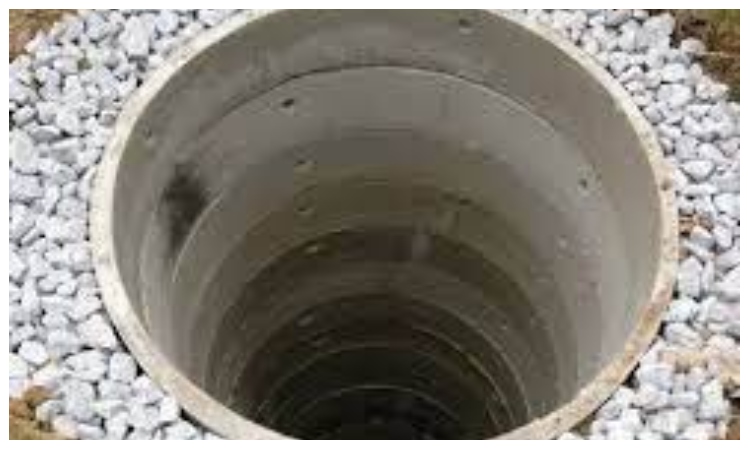
BBMP plans to implement advanced rainwater harvesting systems
Rainwater systems along 85 kms of its densely populated corridors
Total allocation of Rs 61 crore for this rainwater harvesting infrastructure
In a strategic move aimed at conserving water and replenishing groundwater, the BBMP (Bruhat Bengaluru Mahanagara Palike (BBMP) has unveiled plans to implement advanced rainwater harvesting systems along 85 kilometers of its densely populated corridors, out of a total stretch of 200 kilometers.
BS Prahlad, Engineer in Chief at BBMP, reportedly emphasized the urgency of managing the city’s abundant rainfall effectively. Bengaluru receives an annual rainfall ranging between 900 to 1100 mm, but confronts the pressing challenge of optimizing this invaluable resource. BBMP stressed the necessity of diverting rainwater into stormwater drains via side channels to maximize its utilization.
Also read: BWSSB’s Green Star Challenge gains momentum: 600+ entities rally for water conservation in Bengaluru
The proposed project involves the excavation of rainwater harvesting pits at strategic intervals of approximately 15 meters along the identified 85-kilometer corridors. Each pit, estimated to cost between Rs 60,000 to 70,000, constitutes a crucial investment towards mitigating the city’s water woes. With a total allocation of Rs 61 crore for the infrastructure, the BBMP remains steadfast in its commitment to the initiative.
Initiated in 2022 with a budgetary allocation of Rs 275 crore, the high-density corridor project is slated for completion by March 2025. The transformative endeavour encompasses nine vital corridors, including Ballari Road, Outer Ring Road, Old Madras Road, and Kanakapura Road, among others.
As Bengaluru braces itself for this watershed moment, hopes are high that this innovative approach will herald a sustainable solution to the city’s water scarcity woes.

BBMP plans to implement advanced rainwater harvesting systems
Rainwater systems along 85 kms of its densely populated corridors
Total allocation of Rs 61 crore for this rainwater harvesting infrastructure
In a strategic move aimed at conserving water and replenishing groundwater, the BBMP (Bruhat Bengaluru Mahanagara Palike (BBMP) has unveiled plans to implement advanced rainwater harvesting systems along 85 kilometers of its densely populated corridors, out of a total stretch of 200 kilometers.
BS Prahlad, Engineer in Chief at BBMP, reportedly emphasized the urgency of managing the city’s abundant rainfall effectively. Bengaluru receives an annual rainfall ranging between 900 to 1100 mm, but confronts the pressing challenge of optimizing this invaluable resource. BBMP stressed the necessity of diverting rainwater into stormwater drains via side channels to maximize its utilization.
Also read: BWSSB’s Green Star Challenge gains momentum: 600+ entities rally for water conservation in Bengaluru
The proposed project involves the excavation of rainwater harvesting pits at strategic intervals of approximately 15 meters along the identified 85-kilometer corridors. Each pit, estimated to cost between Rs 60,000 to 70,000, constitutes a crucial investment towards mitigating the city’s water woes. With a total allocation of Rs 61 crore for the infrastructure, the BBMP remains steadfast in its commitment to the initiative.
Initiated in 2022 with a budgetary allocation of Rs 275 crore, the high-density corridor project is slated for completion by March 2025. The transformative endeavour encompasses nine vital corridors, including Ballari Road, Outer Ring Road, Old Madras Road, and Kanakapura Road, among others.
As Bengaluru braces itself for this watershed moment, hopes are high that this innovative approach will herald a sustainable solution to the city’s water scarcity woes.
